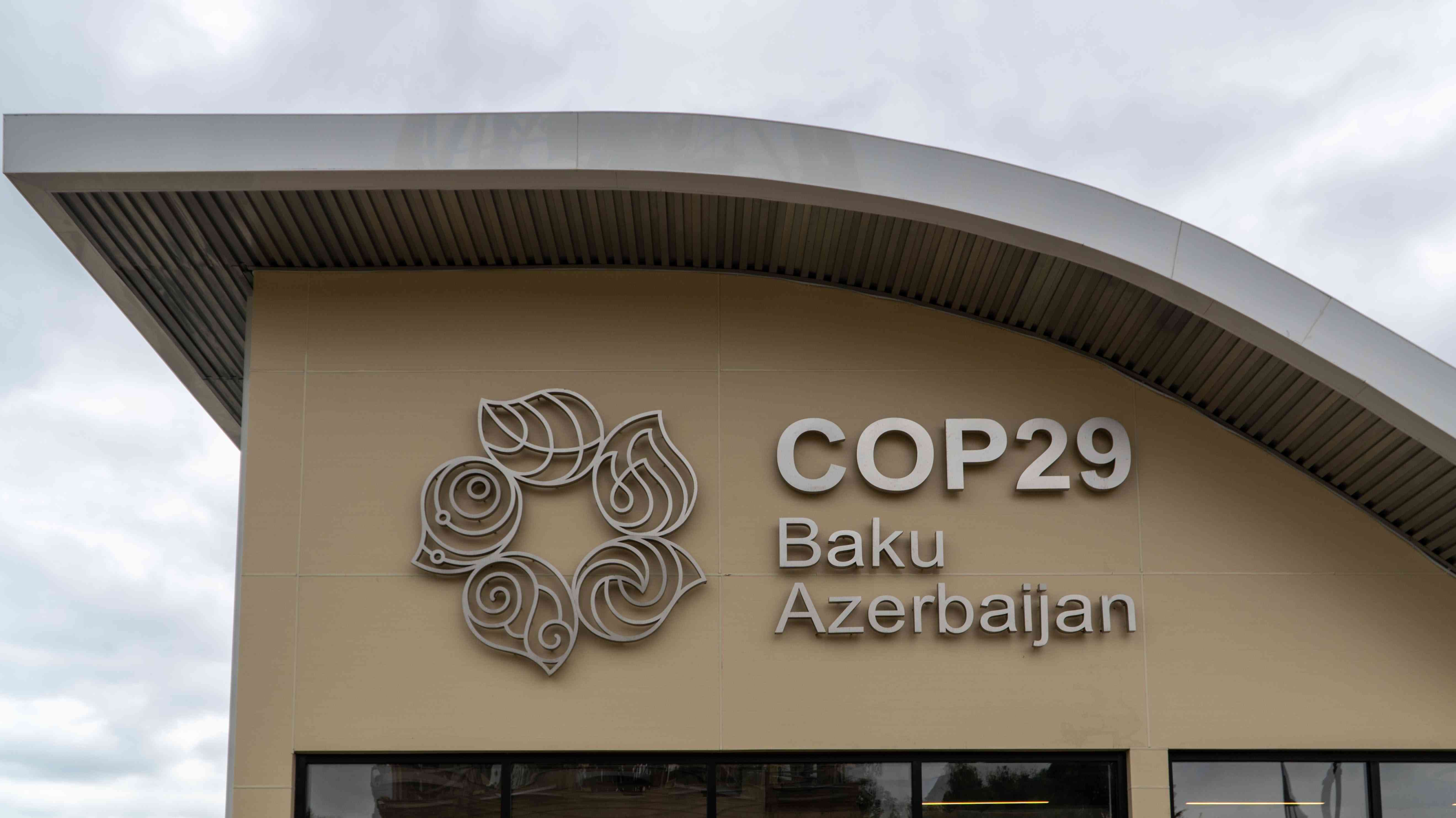
SustainabilityConnect
Newsletter December 2024

The International Public Sector Accounting Standards Board (IPSASB) has released its inaugural exposure draft for Sustainability Reporting Standards, focusing on climate-related disclosures. These guidelines aim to enhance transparency and accountability in public sector entities, bridging a significant gap in global reporting frameworks. The standards address two critical aspects: climate-related risks and opportunities affecting the entity's operations, and the outcomes of public policy programs designed to combat climate challenges.
This draft integrates global best practices such as the Taskforce for Climate-Related Financial Disclosures (TCFD) while tailoring requirements for the public sector's unique roles. By emphasizing governance, strategy, risk management, and metrics, the IPSASB framework supports comprehensive and comparable climate reporting. Additionally, it proposes separate reporting requirements for entities directly influencing climate policies, fostering greater accountability in implementing climate-related public initiatives.
IPSASB SRS ED 1 proposes that an entity disclose performance indicators and targets it uses to measure the performance towards its strategic goals, which includes Scopes 1, 2, and 3 greenhouse gas emissions. IPSASB SRS ED 1 allows for use of methodologies other than the GHG Protocol: A Corporate Accounting and Reporting Standard where an entity determines another methodology more appropriate.

Updapt Views:
Public sector entities should embed sustainability into strategic planning by fostering interdisciplinary collaboration, leveraging data analytics for innovative reporting, and aligning governance structures to climate goals. Embracing adaptive methodologies beyond standard protocols and prioritizing transparent stakeholder engagement will ensure readiness for IPSASB SRS ED 1 while driving impactful, systemic climate action.

The UK government has initiated a comprehensive consultation process to regulate ESG ratings providers, a critical step in aligning financial markets with its ambitious net-zero targets. ESG ratings influence trillions of dollars in global investments, with projections indicating $33.9 trillion in assets under management will incorporate ESG considerations within the next three years. However, concerns over opaque methodologies, inconsistent governance, and potential conflicts of interest have prompted action to ensure these tools promote trust and transparency in financial markets.
The proposed framework aims to address systemic challenges in the ESG ratings sector, which currently lacks consistent oversight despite its growing impact. For example, an ESG rating change can significantly influence asset allocation and market behavior. Studies show that 65% of institutional investors rely on ESG ratings weekly, yet the methods and criteria behind these ratings remain largely unregulated. The UK government plans to implement internationally aligned standards, leveraging recommendations from organizations like the International Organization of Securities Commissions (IOSCO), to enhance the credibility of ESG metrics and improve investor confidence.
To balance oversight with innovation, the proposals consider proportional regulatory measures for smaller providers, who represent over 40% of the market but may face higher compliance burdens. The consultation also explores extending regulation to overseas providers supplying ratings to UK users, ensuring a level playing field. As one of the first jurisdictions to pursue such regulation, the UK seeks to cement its position as a global leader in sustainable finance, encouraging stakeholders to contribute insights that will shape the future of ESG integration.

Updapt Views:
The proposed regulation addresses critical challenges in the ESG ratings sector, including inconsistent methodologies, lack of transparency, and potential conflicts of interest. By standardizing practices and aligning with international frameworks, it aims to enhance data reliability, reduce greenwashing risks, and build investor confidence. The initiative also mitigates market fragmentation, fostering seamless ESG integration into global capital allocation strategies.

Brazil has achieved a significant environmental milestone by reducing deforestation in the Amazon by 30.6% over the past year, bringing the rate to its lowest level since 2015. Between August 2023 and July 2024, approximately 6,288 square kilometers of rainforest were cleared, a substantial decrease from previous years. This progress is largely attributed to enhanced environmental enforcement and conservation policies implemented by the current administration.
In alignment with its commitment to combating climate change, Brazil has announced an ambitious target to reduce greenhouse gas emissions by 59% to 67% by 2035, compared to 2005 levels. This new goal, part of Brazil's updated Nationally Determined Contribution under the Paris Agreement, translates to a reduction of approximately 850 million to 1.05 billion tons of carbon dioxide equivalent by 2035. The plan encompasses sectoral strategies focused on both mitigation and adaptation to climate impacts.
Despite these advancements, challenges persist. Some agribusiness-friendly states are attempting to weaken rainforest protections, responding to pressures from cattle ranchers and soybean growers seeking to expand agricultural activities. These efforts could undermine national achievements in reducing deforestation and threaten Brazil's commitment to halt deforestation by 2030. Additionally, severe drought conditions have led to a surge in wildfires, further impacting the Amazon's ecosystem.

Updapt Views:
Brazil’s achievement in reducing Amazon deforestation by 31% is driven by enhanced enforcement, targeted policies, and global collaboration. This accomplishment is vital for global sustainability, protecting a critical carbon sink, conserving biodiversity, and combating climate change, while setting an example for other nations to pursue effective environmental governance and action.

The United Arab Emirates (UAE) has announced plans to invest $54.4 billion in renewable energy development by 2030, aiming to triple its clean energy production. This move aligns with the nation’s updated Energy Strategy 2050, which seeks to address growing domestic energy demands while ensuring a lower carbon footprint. The strategy outlines a framework to reduce emissions, enhance energy efficiency, and diversify energy sources, focusing on renewables and other clean technologies.
Key projects include the expansion of the Mohammed bin Rashid Al Maktoum Solar Park, projected to generate up to 5 gigawatts of solar power by the end of the decade. The UAE also prioritises producing low-emission hydrogen and developing supportive infrastructure for electric vehicles to accelerate its transition to a sustainable energy mix. These initiatives are part of a broader effort to position the UAE as a regional leader in renewable energy innovation and deployment.
To achieve net-zero emissions by 2050, the UAE's updated strategy targets increasing the share of renewable energy to 30% by 2031. This investment demonstrates a commitment to balancing economic development with environmental sustainability, reflecting the nation’s proactive approach to global climate goals.

Updapt Views:
The UAE’s $54 billion investment in renewable energy offers significant benefits to companies by fostering innovation, reducing energy costs, and creating new market opportunities in clean technologies. Businesses can capitalize on incentives for adopting sustainable practices, enhancing competitiveness, and aligning with global ESG expectations, attracting investors and ensuring long-term resilience.

The 29th United Nations Climate Change Conference (COP29) in Baku, Azerbaijan, concluded with a landmark agreement to triple climate finance for developing nations, aiming to mobilize $300 billion annually by 2035. This New Collective Quantified Goal on Climate Finance (NCQG) represents a substantial increase from previous commitments, underscoring a global dedication to supporting vulnerable countries in mitigating and adapting to climate change.
In addition to the financial commitments, COP29 achieved significant progress in operationalizing international carbon markets. Delegates finalized guidelines under Article 6 of the Paris Agreement, establishing a framework for high-integrity carbon credit trading between countries. This development is expected to enhance transparency and efficiency in carbon markets, facilitating greater global cooperation in reducing greenhouse gas emissions.
These outcomes from COP29 mark a pivotal advancement in global climate action, reflecting a unified effort to address the pressing challenges of climate change through increased financial support and collaborative market mechanisms. The agreements lay a solid foundation for future initiatives, fostering optimism for continued progress in the transition to a sustainable and resilient global economy.

Updapt Views:
The COP29 agreements have the potential to transform the global economy by accelerating the transition to sustainable, low-carbon industries. Tripling climate finance and operationalizing carbon markets will stimulate green investments, create new economic sectors, and drive innovation. These initiatives can enhance global economic stability while fostering equitable growth across regions.
Subscribe and get the latest ESG updates sent to your inbox.
We promise not to use your email for spam!


